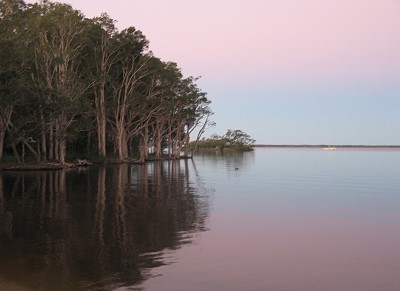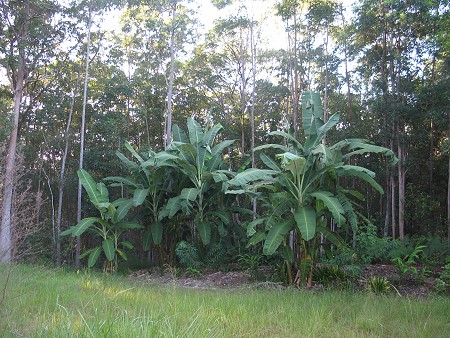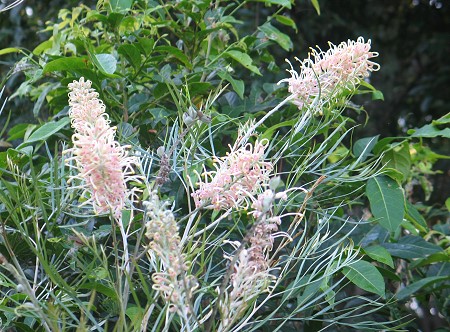TV documentary icon Sir Richard Attenborough can hardly be accused of being an environmental extremist – and now he’s confirming that which we on the Fringe have been saying for donkey’s years – the Old Testament Christian god is an irresponsible, ignorant, environmental vandal. The predominant cause of current planetary environmental devastation has roots in myths inculcated in western unconsciousnesses by primitive idiocies in the Bible, that selective, tarnished collection of fairy stories.
The destruction of the planet is encouraged in the English translation of the book of Genesis. Attenborough points out ‘the devastation of the environment has its roots in the first words that God supposedly uttered to humankind, as detailed in Genesis 1:28: “Be fruitful and multiply, and fill the earth and subdue it; and have dominion over the fish of the sea, and over the birds of the air, and over every living thing that moves upon the earth.”‘
An atheist raised in an academic, non-religious family, Sir David said Genesis peddled untruths about how animals and plants appeared on earth and was also at the root of why there was now serious environmental degradation due to the greedy overexploitation of the earth’s natural resources.
“The influence of the Book of Genesis, which says the Lord God said ‘go forth and multiply’ to Adam and Eve and ‘the natural world is there for you to dominate’, [is that] you have dominion over the animals and plants of the world,” Sir David said.
“That basic notion, that the world is there for us and if it doesn’t actually serve our purposes, it’s dispensable, that has produced the devastation of vast areas of the land’s surface.
“Of course it’s a gross oversimplification, but that’s why Darwinism, and the fact of evolution, is of great importance because it is that attitude which has led to the devastation of so much, and we are in the situation that we are in,” he told the science journal Nature.
How different the planet might have been if Genesis had been translated to say, “live in harmony with the planet and don’t over-populate to the detriment of other creatures with whom you shares its space, for if you do, therein lies your doom.”
Interestingly, the more intellectually advanced New Testament in Revelations 11:18, says: “And the nations were angry, and thy wrath is come, and the time of the dead, that they should be judged, and that thou shouldest give reward unto thy servants the prophets, and to the saints, and them that fear thy name, small and great; and shouldest destroy them which destroy the earth.”
Perhaps not as many people finished reading the book as those who began it.
In contrast, the Koran contains numerous references to the environment, and it’s being used to teach environmentalism in countries like Indonesia.
The Koran, Suaedy says, contains numerous references to environmental protection, including the line: “Don’t do destruction upon this earth.” At one point, the Koran equates a human life with that of a tree: “Do not kill women, elders, children, civilians or trees.”
Saleem Ali, associate dean of graduate studies at the Rubenstein School for the Environment at the University of Vermont, says Islamic environmentalism can be traced back to the religion’s origins in the seventh century.
“The advent of Islam as an organized religion occurred in the desert environment of Arabia, and hence there was considerable attention paid to ecological concerns within Islamic ethics,” he said. “There is a reverence of nature that stems from essential pragmatism within the faith.”
Lo! We offered the trust
Unto the heavens and the
Earth and the hills,
But they shrank from bearing it
And were afraid of it
And man assumed it
Lo! He is a tyrant and a fool
—The Koran 33:72
Buddhism also contains elements of respect for life other than human on the planet.
Environmental efforts based on Buddhism include ordaining selected trees and groves as symbolic members of a Buddhist order.47 With its strong ethical basis, Buddhism has been connected to the Deep Ecology movement, as has Hinduism to a lesser extent.
For atheists like us, science and the history of civilisations more than adequately explain what happens when populations crash after devouring the resources that sustain them.









